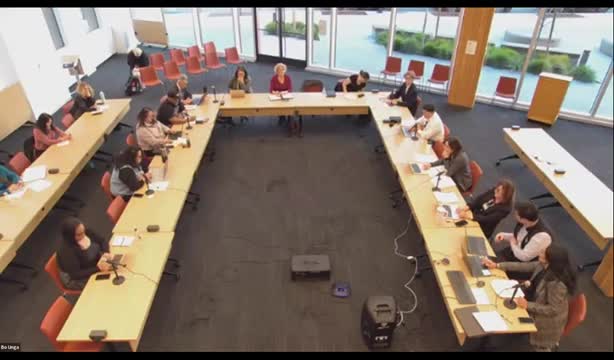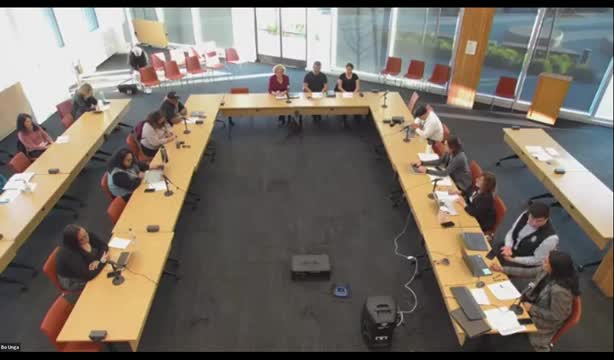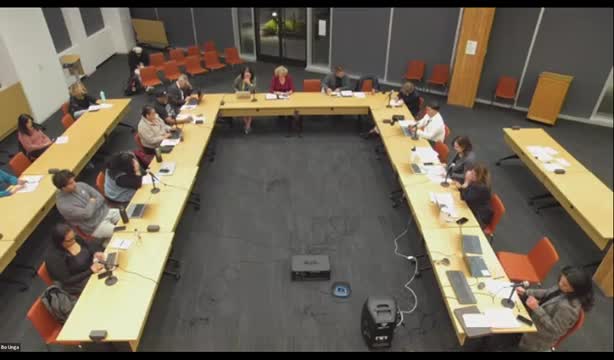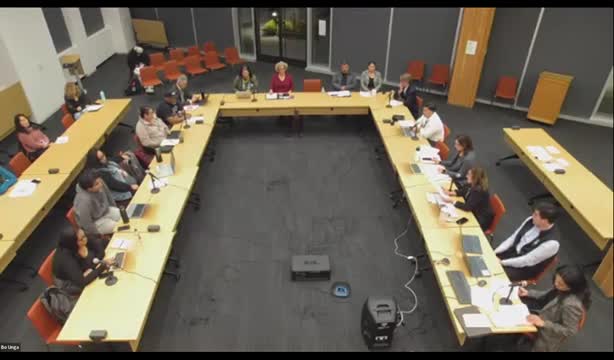Article not found
This article is no longer available. But don't worry—we've gathered other articles that discuss the same topic.

San Mateo commission approves 2024 juvenile hall inspection; finds missing data, program and maintenance gaps

Votes at a glance: San Mateo Juvenile Justice commission actions on Feb. 25, 2025

San Mateo commission backs AB 802 requiring periodic surveys on juvenile nutrition in confinement

